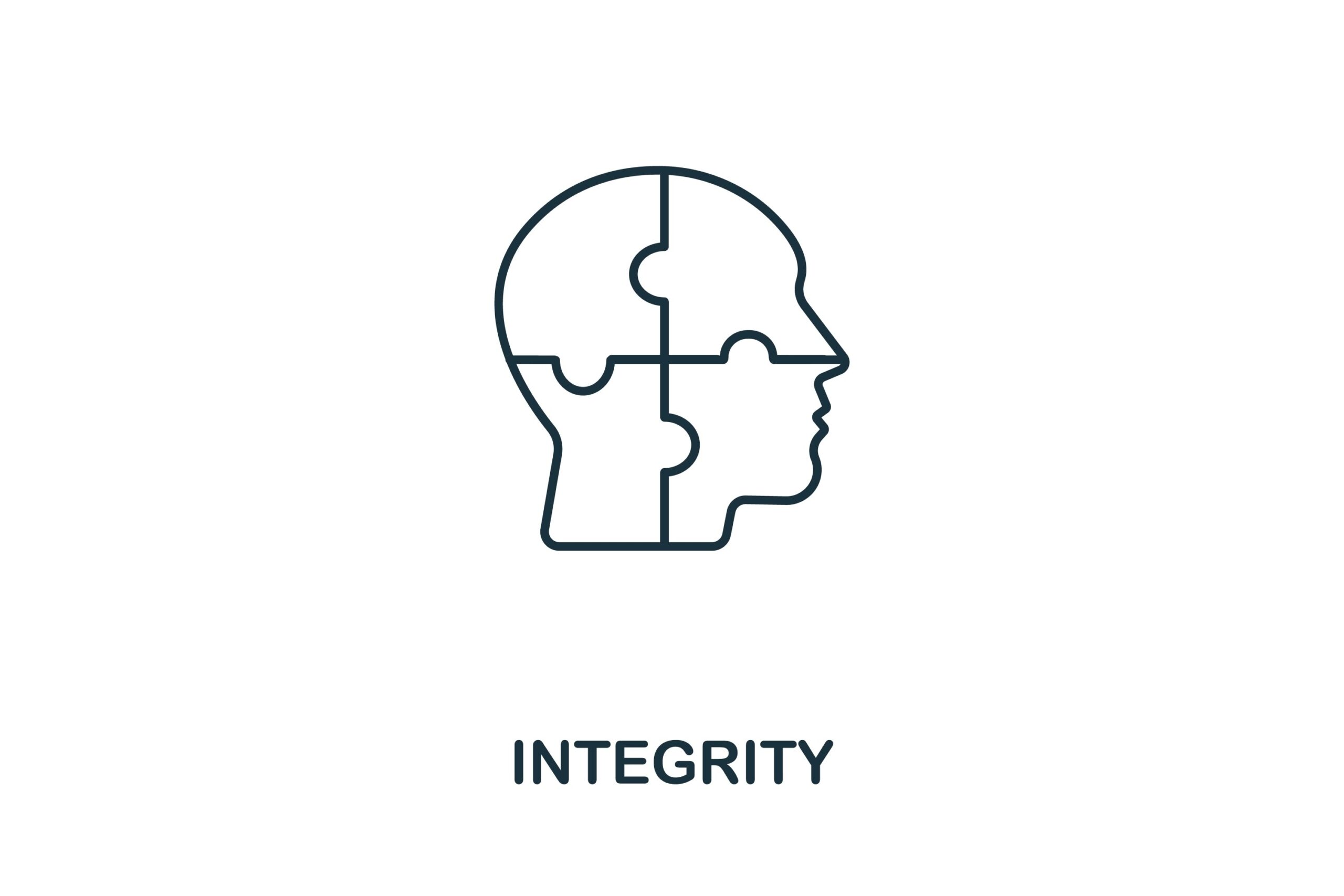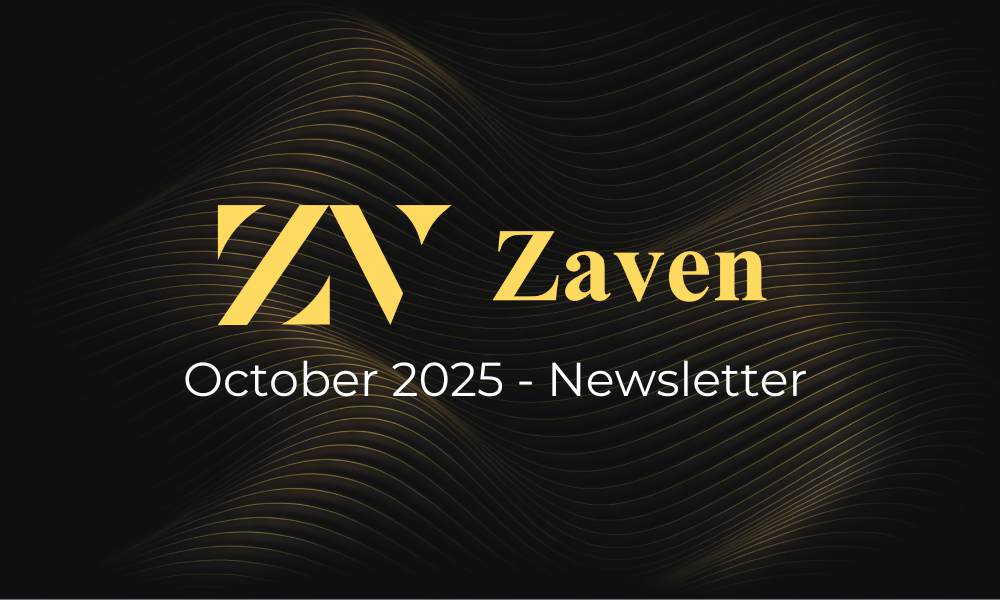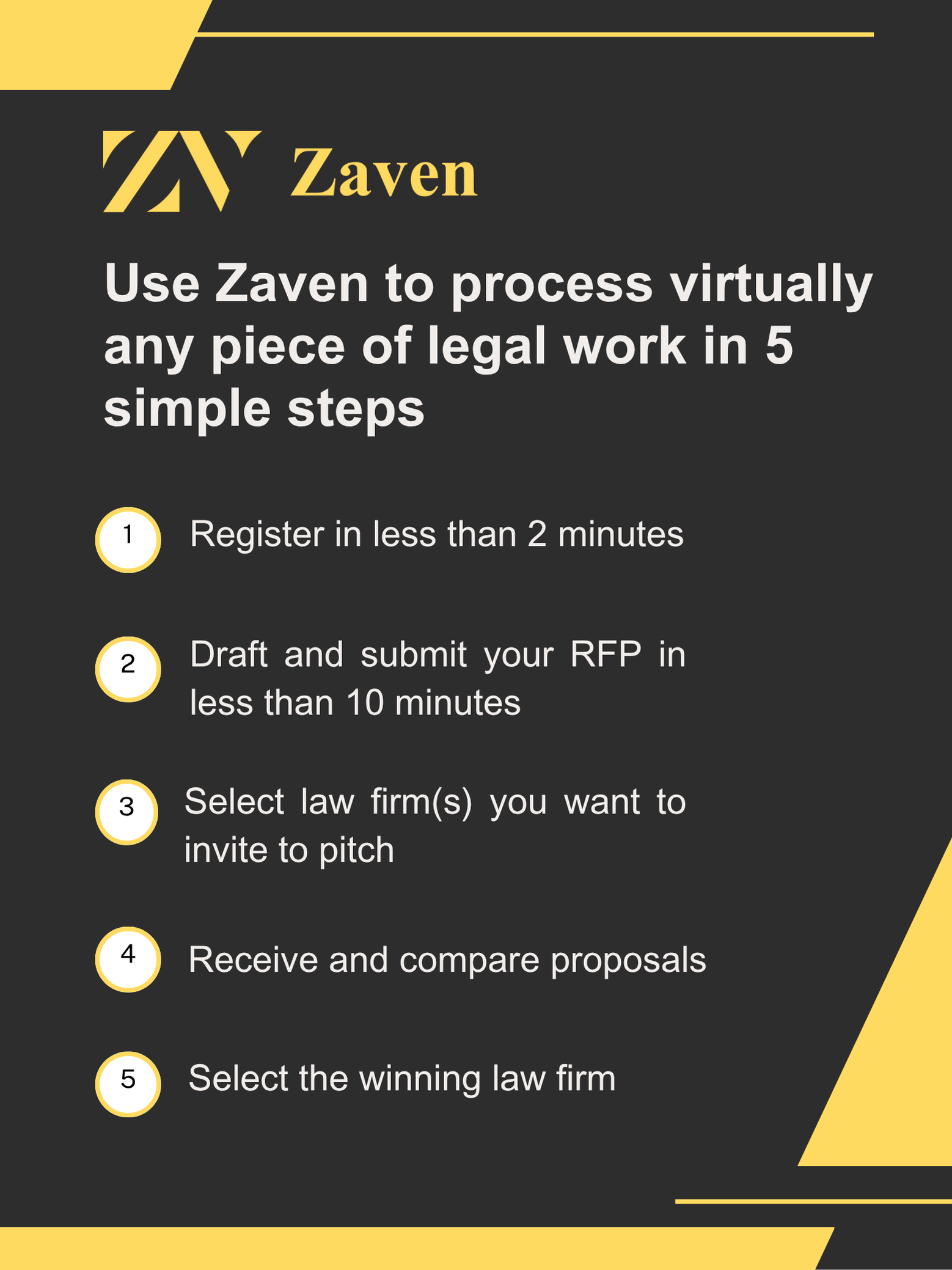Source: Above the Law
In an era where corporate missteps can instantly become viral headlines, Robert Chesnut, former general counsel and chief ethics officer at Airbnb, offers a fresh perspective on transforming corporate integrity from a compliance checkbox into a strategic advantage.
Breaking Away from Traditional Compliance
Chesnut’s approach at Airbnb demonstrates how companies can revolutionise their approach to ethical behaviour. One of his most innovative initiatives was the creation of “Integrity Yetis” – recognition symbols that celebrated employees who demonstrated ethical behaviour. “These were not just tokens but became symbols of pride around the office,” turning integrity from an abstract concept into tangible, daily actions that employees actively sought to embody.
This practical approach transformed ethical behaviour from a top-down mandate into a celebrated aspect of company culture. Whether it was calling out security protocol lapses or standing up for ethical decisions, employees were publicly recognised for their commitment to integrity.
Decentralising Ethics Through Ambassador Networks
Perhaps Chesnut’s most significant innovation was decentralizing ethics beyond the legal department. His creation of an “ethics ambassadors” network, comprised of volunteer midlevel employees across departments, democratised ethical responsibility throughout the organisation. These ambassadors became frontline advocates for integrity, embedding ethical decision-making directly into daily operations.
This network served dual purposes: it made integrity everyone’s responsibility and moved ethical considerations closer to where business decisions actually occur. Instead of ethics being an afterthought or crisis response, it became an integral part of everyday business discussions.
Quantifying the Intangible: Measuring Ethical Performance
Chesnut challenges the notion that integrity can’t be measured. At Airbnb, his team developed concrete metrics to track ethical performance, including:
- Number of integrity-related questions raised by employees
- Engagement levels with ethics training materials
- Response patterns to ethical dilemmas
This data-driven approach transformed integrity from a nebulous concept into a measurable business metric, allowing leadership to track the health of their ethical culture and identify improvement areas. More importantly, it provided tangible evidence to boards and stakeholders that integrity directly impacts business performance.
The Strategic Value of Integrity
Chesnut’s experience reveals that integrity isn’t just about avoiding wrongdoing – it’s a strategic asset that can drive business success. For legal leaders looking to implement similar changes, the key lies in making integrity visible, measurable, and ingrained in daily operations.
This approach requires legal leaders to evolve from rule enforcers to culture champions, actively shaping an environment where ethical behaviour is recognised, celebrated, and woven into the fabric of company operations. The result is not just better compliance, but a stronger, more resilient organization built on a foundation of trust and ethical decision-making.
Read more: Above the Law







